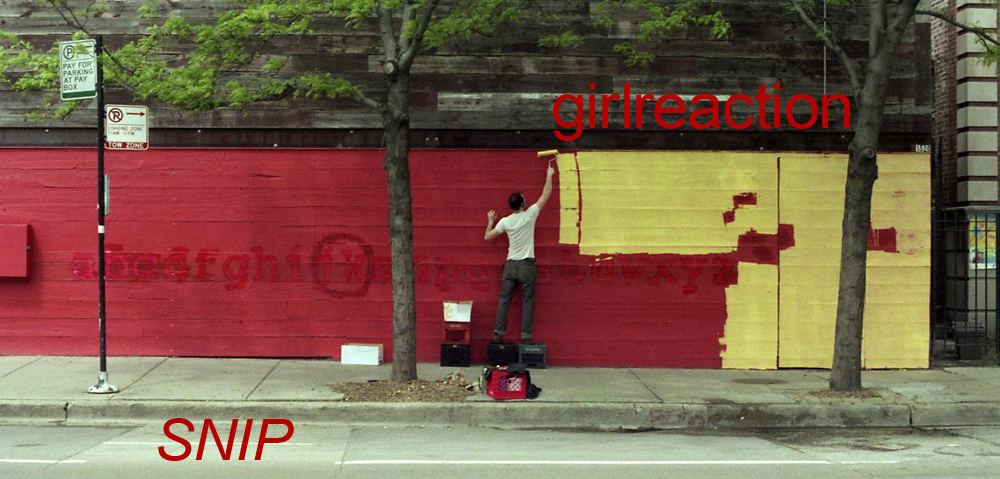Awesome “put them in their place” quotes from Nick Marino‘s piece on “Thriller”/Michael Jackson in Paste #40:
Not long ago I caught a concert by teenaged R&B star Chris Brown, who is sort of a less charismatic verson of Usher, who is himself a less charismatic version fo Michael Jackson.
Today we’re left with Chris Brown, Usher and Justin Timberlake, whose most famous stage move to date involved ripping the bodice of Michael Jackson’s sister.
[Underlines = emphasis de moi]
